News and events
Learn about recent IHRA activities and upcoming events.

Learn about recent IHRA activities and upcoming events.
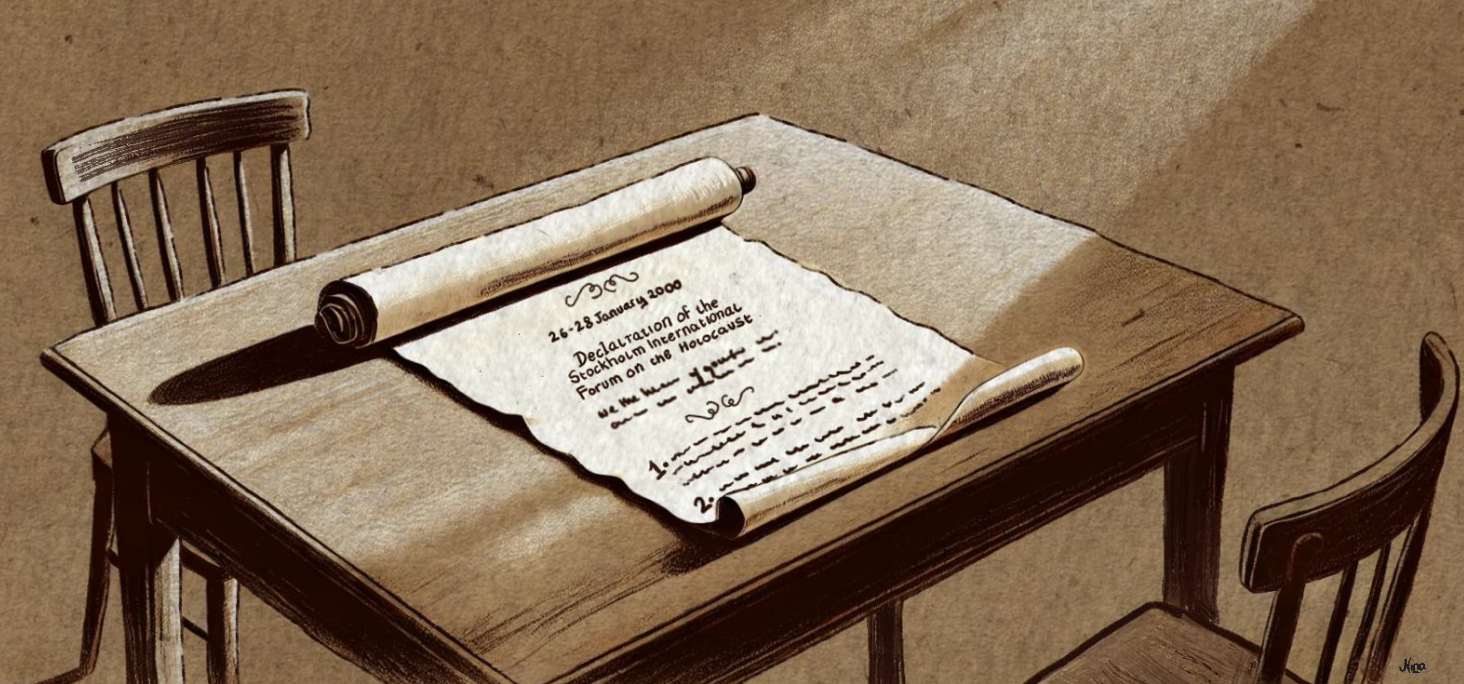

This reflection looks back at the 2000 Stockholm Declaration, whose principles have shaped Holocaust education, research, and remembrance globally. While IHRA’s work has since grown to include new focus areas and tools, the Declaration remains a foundational document in building international commitment.


A new report by ENMA, the European Network on Monitoring Antisemitism, sheds light on the persistent threat of Holocaust distortion from a cross-European perspective.


The International Holocaust Remembrance Alliance (IHRA) is calling on governments and the public to recognise and take action against the unprecedented rise in antisemitism, as the world prepares to commemorate 80 years since Victory in Europe Day (VE Day) and the liberation of Nazi concentration camps.
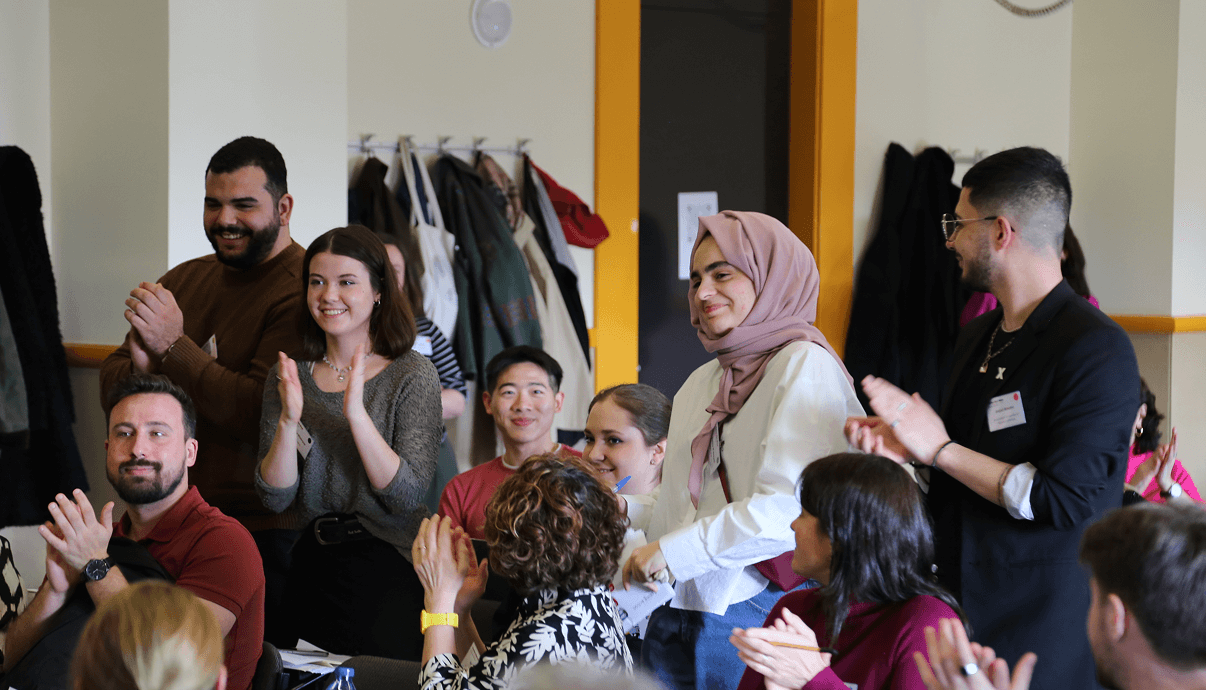

An innovative educational and digital tool, “Stories That Move” encourages learning through sharing real-life stories and experiences in the classroom, allowing younger generations to reflect on the importance of combating antisemitism and various other forms of discrimination.
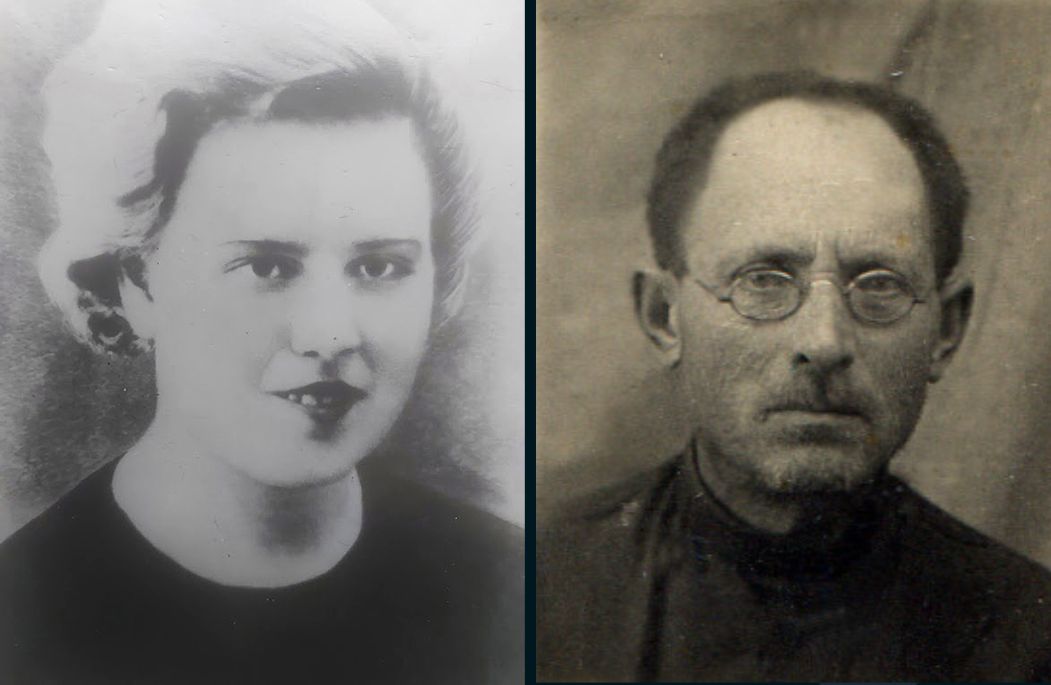

Through careful archival work and family testimony, researchers in Ukraine are uncovering the stories of those killed at Babyn Yar.


This reflection looks back at the 2000 Stockholm Declaration, whose principles have shaped Holocaust education, research, and remembrance globally. While IHRA’s work has since grown to include new focus areas and tools, the Declaration remains a foundational document in building international commitment.
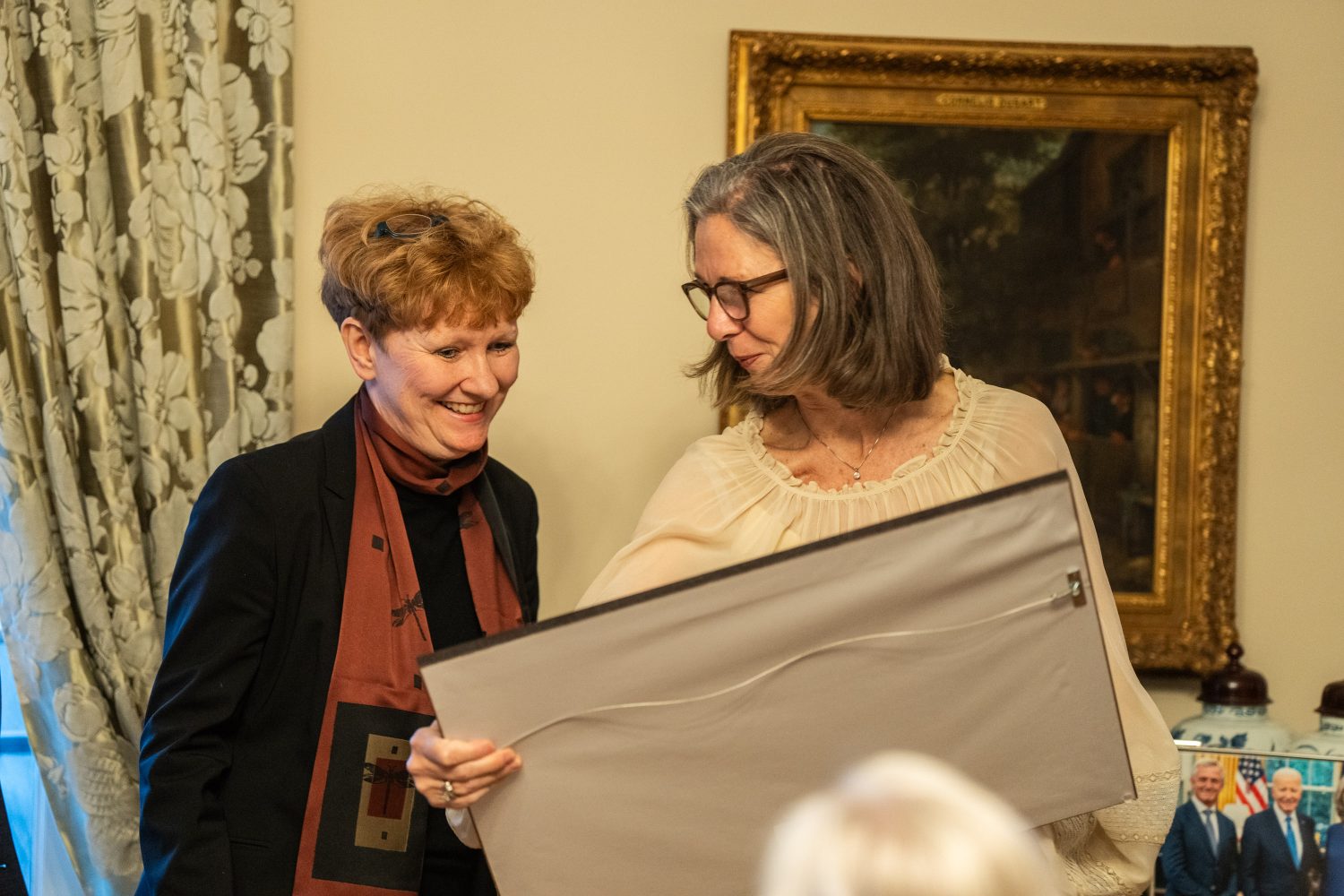

Dr. Kathrin Meyer, former Secretary General of the IHRA, will be honored with the 2025 Anne Frank Special Recognition Award at a ceremony at the residence of the Dutch Ambassador in Washington, D.C.


Today, Israel assumes the Presidency of the International Holocaust Remembrance Alliance (IHRA) from the United Kingdom. Dani Dayan, Chairman of Yad Vashem, is the IHRA Chair during the Israeli Presidency.
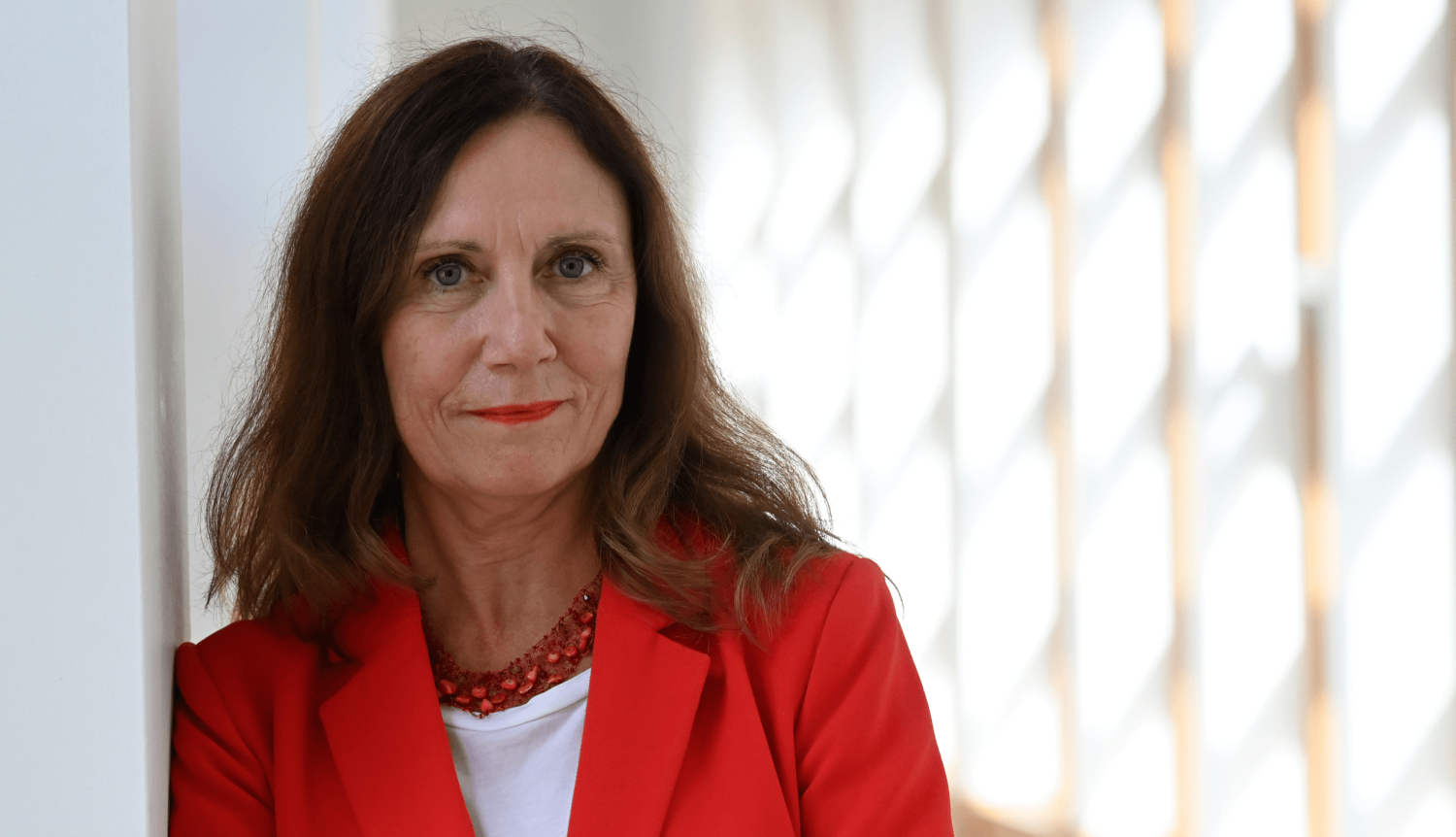

Following a diplomatic career spanning 40 years, Michaela Küchler assumed the role of IHRA Secretary General in February 2025. We spoke with her about history, remembrance, and her hopes for the future of the IHRA.
By signing up to the IHRA newsletter, you agree to our Privacy Policy